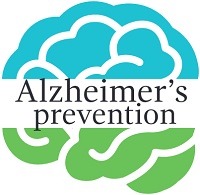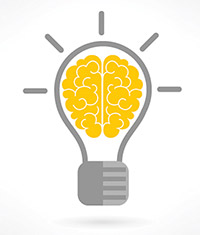“I must work the works of him that sent me, while it is day: the night cometh, when no man can work.” (John 9:4) Night in Bible times was the time for sleep, but today man has turned night into day with artificial lighting. This may pose a cancer risk. In the May 2009 Reader’s Digest an article reveals the possible relationship between artificial light and an increase risk of breast and prostate cancer; which may be due to the effect of artificial light on melatonin, a hormone which may play a role in immunity (the body’s natural defenses). Research from Israel’s University of Haifa analyzed satellite measurements of night-time light and cancer rates in 164 countries. The brightest lit areas had the highest rates of prostate cancer; twice as much as the dimmest lit areas. A Harvard study monitored 18,000 women who had gone through menopause and noted that those with the lowest nighttime levels of melatonin were about 60% more likely to have breast cancer. Light suppresses melatonin production. Therefore it only seems prudent to endeavor to increase the body’s production of melatonin. This can be accomplished by eating breakfast by the window, because 20 minutes of morning sunlight promotes healthy nighttime melatonin levels. Reducing artificial light in the bedroom at night also promotes melatonin production. While this relationship needs further investigation, the possible implications are fascinating.



